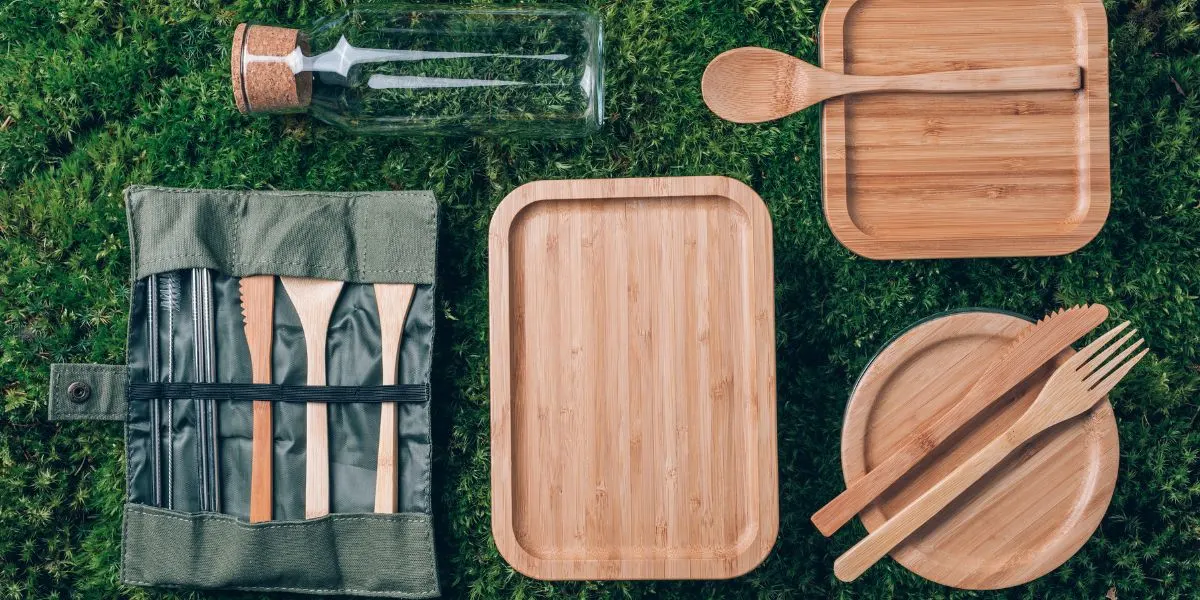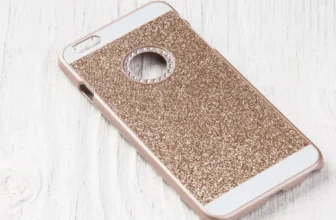
When you're considering a zero-waste starter kit, it's important to weigh its cost against the benefits. You might find that while the upfront price seems steep, the long-term savings can add up quickly. However, are you really getting the best deal? Let's take a closer look at what's included in these kits and how they stack up against other eco-friendly options. The answer might surprise you.
Overview of the Zero-Waste Starter Kit
When you're looking to reduce waste and embrace a more sustainable lifestyle, an affordable zero-waste starter kit can be your perfect companion. This kit typically includes essential items that help you transition away from single-use products. You'll find reusable bags, bamboo utensils, and glass containers, all designed to replace disposable alternatives.
Each item is crafted to minimize environmental impact while being practical for everyday use. By integrating these tools into your routine, you'll not only cut down on waste but also save money in the long run.
Plus, many kits come with educational resources, guiding you on how to live more sustainably. With the right starter kit, you're well on your way to making eco-friendly choices effortlessly.
Analyzing the Cost of Eco-Friendly Products
While many eco-friendly products may have a higher upfront cost, they often save you money over time. Think about reusable items like water bottles, shopping bags, and beeswax wraps. While you might spend more initially, you won't need to buy disposables repeatedly. These products are designed to last, reducing your overall expenses.
Additionally, eco-friendly brands often focus on quality, meaning you're investing in something durable. Consider the savings on household items—switching to refillable options cuts down on frequent purchases.
Plus, many eco-friendly products come with warranties, ensuring you get your money's worth. So, while the initial investment might feel steep, the long-term financial benefits of using eco-friendly products can be significant.
Embracing sustainability isn't just good for the planet; it's good for your wallet too.
Comparing Other Zero-Waste Options
How do you choose the best zero-waste options among the myriad of products available? Start by identifying your specific needs.
Consider what items you use daily—like reusable bags, bamboo utensils, or stainless steel straws. Then, compare brands that prioritize sustainability and ethical production. Look for certifications or customer reviews that highlight their commitment to zero-waste principles.
Don't forget to factor in durability; you want products that'll last and reduce replacements over time.
It's also helpful to check the packaging—opt for brands that minimize waste. Lastly, explore local artisans or thrift stores for unique finds, as these can often be more affordable and eco-friendly.
With a little research, you'll find options that align with your values and budget.
Evaluating Overall Value and Effectiveness
To effectively evaluate the overall value and effectiveness of zero-waste products, you should consider both their functionality and long-term benefits. Start by assessing how well each item meets your daily needs. Are they durable and reliable?
Next, think about the financial savings over time. While the initial cost may seem high, these products often outlast their disposable counterparts, reducing waste and saving you money in the long run.
Additionally, consider their environmental impact. By choosing sustainable materials, you're contributing to a healthier planet.
Finally, reflect on your personal commitment to a zero-waste lifestyle. If these products help you stay motivated and engaged, their value increases significantly.
Balancing functionality, cost savings, and environmental benefits will guide your decision-making process effectively.
Conclusion
When you weigh the costs and benefits, a zero-waste starter kit can be a smart investment. While the upfront price might seem steep, the reusable items can save you money in the long run by cutting out disposable products. Plus, choosing brands that focus on sustainability can help you find budget-friendly options. Ultimately, it's about aligning your spending with your values and making a positive impact on the environment without breaking the bank.
Trending Products




